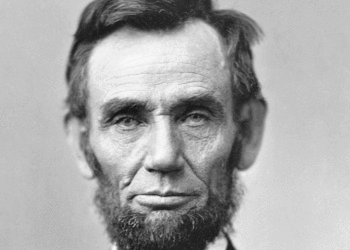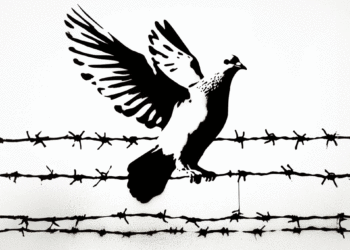From 1956 to Israel’s 2014 Operation Protective Edge, not much has changed on the Gaza border
By MOSHE GIT
The youngest Israeli victim of the recent Gaza War was four-year-old Daniel Tragerman, who was killed by a mortar shell launched from Gaza. He and his family lived in Kibbutz Nahal Oz, which is adjacent to the border with Gaza. His death shocked the country.
Some even suggested to memorialize him by naming the war after him.
Israel’s new president, Reuven Rivlin, had the following to say at his funeral: “I think of a flower growing here, with its stem being cut. Cut by an evil hand, cutting a life and smile that will never be seen again. I think of a mother and father, and brother and sister who lost their sibling, their son. They lost you, Daniel, the most precious of things in the world.”
Daniel’s death evoked childhood memories of the gruesome murder of Roi Rotenberg, a 21-year-old kibbutz security officer, in 1956. That killing occurred in the same spot where young Daniel was killed this year.
Infiltrators from Gaza murdered Rotenberg, carried his body across the border, mutilated it and then turned it over to United Nations observers. The killing of Rotenberg shocked Israelis.
General Moshe Dayan, then the Israel Defense Forces chief of staff, delivered an eloquent eulogy at Rotenberg’s funeral:
Yesterday at dawn Roi was murdered. The quiet of the spring morning blinded him, and he did not see those who sought his life hiding behind the furrow. Let us not today cast blame on the murderers. What can we say against their terrible hatred of us? For eight years now, they have sat in the refugee camps of Gaza, and have watched how, before their very eyes we have turned their land and villages, where they and their forefathers previously dwelled, into our home. It is not among the Arabs of Gaza, but in our own midst that we must seek Roi’s blood. How did we shut our eyes and refuse to look squarely at our fate and see, in all its brutality, the fate of our generation? Can we forget that this group of youngsters sitting in Nahal Oz carries the heavy gates of Gaza on their shoulders?
Beyond the furrow of the border surges a sea of hatred and revenge; revenge that looks towards the day when the calm will blunt our alertness, the day when we shall listen to the ambassadors of malign hypocrisy who call upon us to lay down our arms. To us and us alone cries out Roi’s blood, from his mangled body. Because we swore a thousand times that our blood will not be spilled lightly — and yet again yesterday we were tempted, we listened, and we believed.
Let us take stock today with ourselves. We are a generation of settlement and without the steel helmet and the gun’s muzzle we will not be able to plant a tree and build a house. Let us not fear to look squarely at the hatred that consumes and fills the lives of hundreds of Arabs who live around us. Let us not drop our gaze, lest our arms be weakened. That is the fate of our generation. This is our choice — to be ready and armed, tough and hard — or else the sword shall fall from our hands and our lives will be cut short.
Young Roi, who went forth from Tel Aviv to build his home at the gates of Gaza to be a bulwark for his people — the light in his heart blinded his sight and he failed to see the sword’s flash. The longing for peace deafened his ears and he failed to hear the voice of the murderer waiting in ambush. The gates of Gaza proved too heavy for his shoulders, and overcame him.”
It is sad to say that not much has changed in the last six decades.
***
Moshe Git lives in Minnetonka.
(American Jewish World, 9.26.14)



















